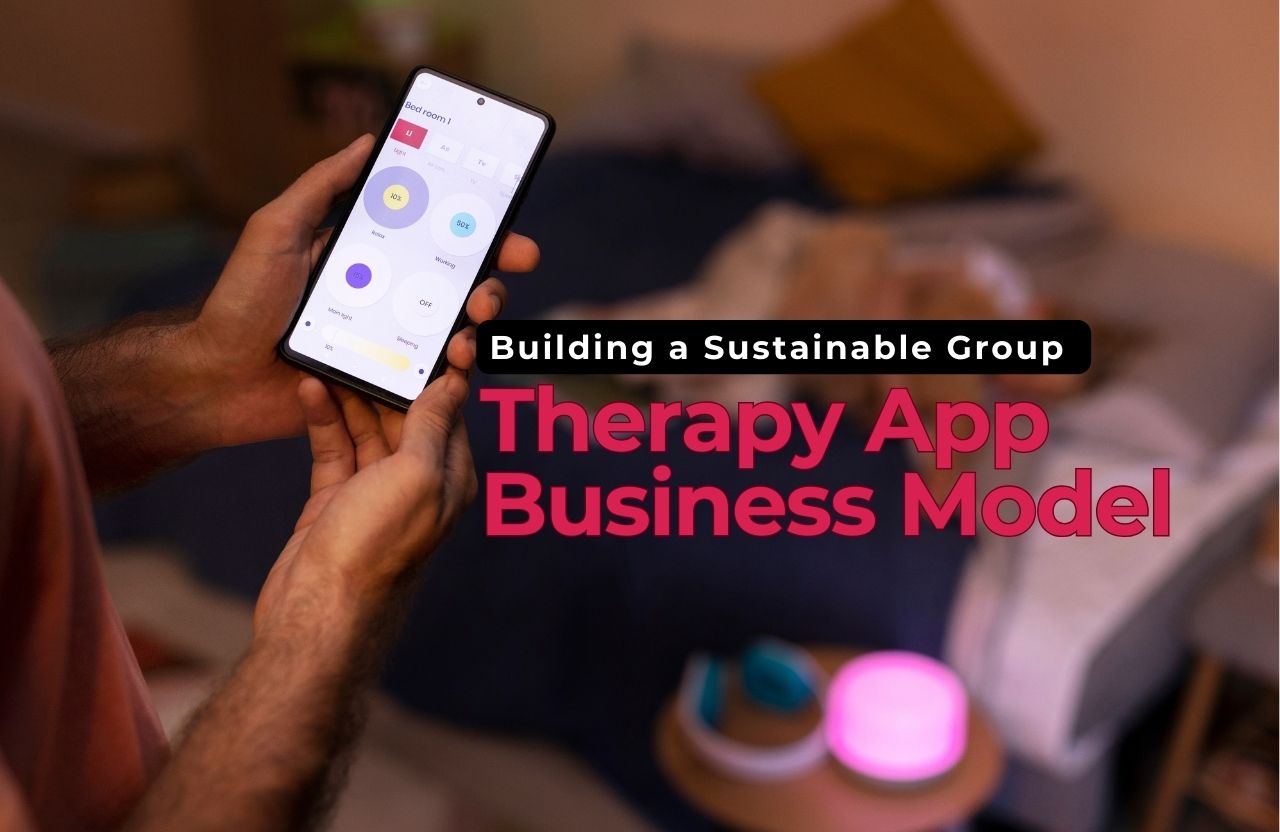The Silent Power of Keywords
When most people think of content strategy, they envision blog posts, videos, social media updates, or perhaps eBooks. What often goes unnoticed is the backbone of all this content—keywords. These seemingly simple words and phrases dictate whether your content will reach an audience or sink into the vast void of the internet.
Keyword research isn’t just about finding words that rank—it’s about understanding your audience’s intent, aligning with market demand, and building a roadmap that leads readers straight to your digital doorstep. If you’re creating content without doing keyword research, you’re essentially shooting in the dark.
Let’s dig deep into why keyword research is not just important—but crucial—to your content strategy.
1. Understanding Your Audience Begins with Their Search Habits
Every time someone types a question into a search bar, they’re telling you what they need.
Keyword research gives you a direct window into this world. It helps you understand:
- What problems is your audience trying to solve
- What terms and language do they naturally use?
- How sophisticated their understanding is of a topic
Without this insight, you risk creating content that sounds good to you but doesn’t connect with your target audience. It’s like speaking in a different language to someone who’s just learning the basics.
Stat to Know:
Over 93% of online experiences begin with a search engine. If you’re not tapping into search behavior, you’re missing the bulk of potential digital interactions.
2. Keyword Research Shapes the Direction of Your Content
Have you ever written a brilliant blog post and heard nothing but crickets after publishing?
It might not be because the content was bad—it might be because no one was looking for it.
Keyword research doesn’t just help you write for what people are searching for now—it helps you discover content gaps, emerging trends, and long-tail opportunities where you can stand out in your niche.
If content is the vehicle, keywords are the GPS.
You don’t want to guess the route—you want to chart it based on where traffic is already flowing.
3. Improves Your Organic Search Visibility
Search engines are the gatekeepers of the internet. They use algorithms to determine what content to show users based on relevance and authority.
By aligning your content with well-researched keywords:
- You increase the chance that your content gets indexed
- You enhance the potential for high rankings
- You build topical relevance over time
It’s not just about inserting keywords here and there—search engines are much smarter today. They analyze content in context. However, starting with the right keywords sets the tone for relevant, meaningful content that earns trust from both humans and algorithms.
Quick Insight:
Research shows that the top 3 Google search results receive over 54% of all clicks. Without targeted keywords, you drastically reduce your chance of even being seen.
4. Keyword Research Helps with Audience Segmentation
Not every visitor is at the same stage of the buyer’s journey.
Some are just starting to research, others are comparing options, and a few are ready to act.
Here’s where keyword intent comes into play:
- Informational keywords show curiosity (e.g., “what is plant-based protein?”)
- Navigational keywords show direction (e.g., “best vegan protein brands”)
- Transactional keywords show buying readiness (e.g., “buy vegan protein powder online”)
Keyword research allows you to tailor content for different segments. This means you can guide someone from awareness to decision-making through your content alone.
5. Boosts ROI from Your Content Marketing Efforts
Content marketing takes time, effort, and resources. Whether you’re writing in-house or outsourcing content creation, every piece has a cost.
Keyword research ensures that your investment has a measurable return.
Instead of writing content just to fill a blog calendar, you write content:
- That people are actively searching for
- That addresses specific pain points
- That has the potential to drive long-term traffic
Over time, a single well-optimized blog post can bring in thousands of views, leads, and sales, without any ad spend.
Consider This:
According to multiple surveys, SEO leads have a 14.6% close rate, while outbound leads (like cold calls) have a 1.7% close rate. Keywords are the bridge to these high-quality inbound leads.
6. Supports Better Competitor Analysis
Keyword research isn’t just about you. It’s also about knowing what your competitors are doing.
When you dig into keywords:
- You see which topics are saturated
- You identify gaps where your competitors haven’t focused
- You find ways to outrank them by offering better, more helpful content
Knowing what your competitors rank for gives you an edge. Instead of starting from scratch, you can position your content to fill unmet needs or improve on what’s already out there.
7. Enhances User Experience and Reduces Bounce Rates
You might think that keywords are only good for rankings, but there’s a hidden benefit—they improve user experience.
Why?
Because when someone types in a query and lands on a page that truly answers their question (and uses the same language they searched for), they’re more likely to:
- Stay on the page
- Read more content
- Engage with your brand
- Take action
This reduces bounce rates and increases time spent on site, two critical engagement signals that also impact your SEO rankings.
8. Keeps Your Strategy Aligned with Market Trends
Markets change. Search behavior evolves. A topic that had low search volume last year might be trending now.
Keyword research isn’t a one-and-done task—it’s an ongoing process.
Regular research allows you to:
- Jump on rising trends early
- Update existing content to stay relevant
- Create new clusters around emerging interests
This helps you maintain your content’s relevance and authority over time.
9. Facilitates Better Content Clustering and Internal Linking
When you conduct keyword research, you naturally discover related terms, questions, and subtopics.
This gives you the raw material to build content clusters—interconnected pieces of content that reinforce each other and cover a topic in depth.
For example, a main keyword might lead to:
- A pillar page
- Several supporting blog posts
- FAQs
- Case studies
By linking these strategically, you not only enhance user navigation but also show search engines that you’re a trusted authority on the topic.
10. It’s the Foundation for All Channels: SEO, PPC, Social, and More
Even if your primary focus is not SEO, keyword research still plays a vital role in other content channels.
- PPC campaigns rely on keywords for targeting and bidding
- Social media captions can include hashtags derived from keyword intent
- Email marketing subjects can echo search trends
- Video content titles and descriptions benefit from keyword alignment
In other words, keywords help unify your brand message across platforms. It ensures consistency and amplifies discoverability.
Final Thoughts: You Can’t Afford to Skip Keyword Research
In the fast-moving world of digital content, publishing without keyword research is like opening a store with no signage, no advertising, and no idea who your customers are. You might get lucky with foot traffic, but you’re certainly not setting yourself up for long-term success.
Keyword research is not just an SEO task—it’s a strategic necessity.
It empowers you to:
- Understand your audience
- Predict trends
- Create meaningful content
- Attract and retain traffic
- Stay ahead of the competition
Whether you’re a solo blogger, a marketing team member, or running your own business, make keyword research the first step in your content strategy, not an afterthought.













